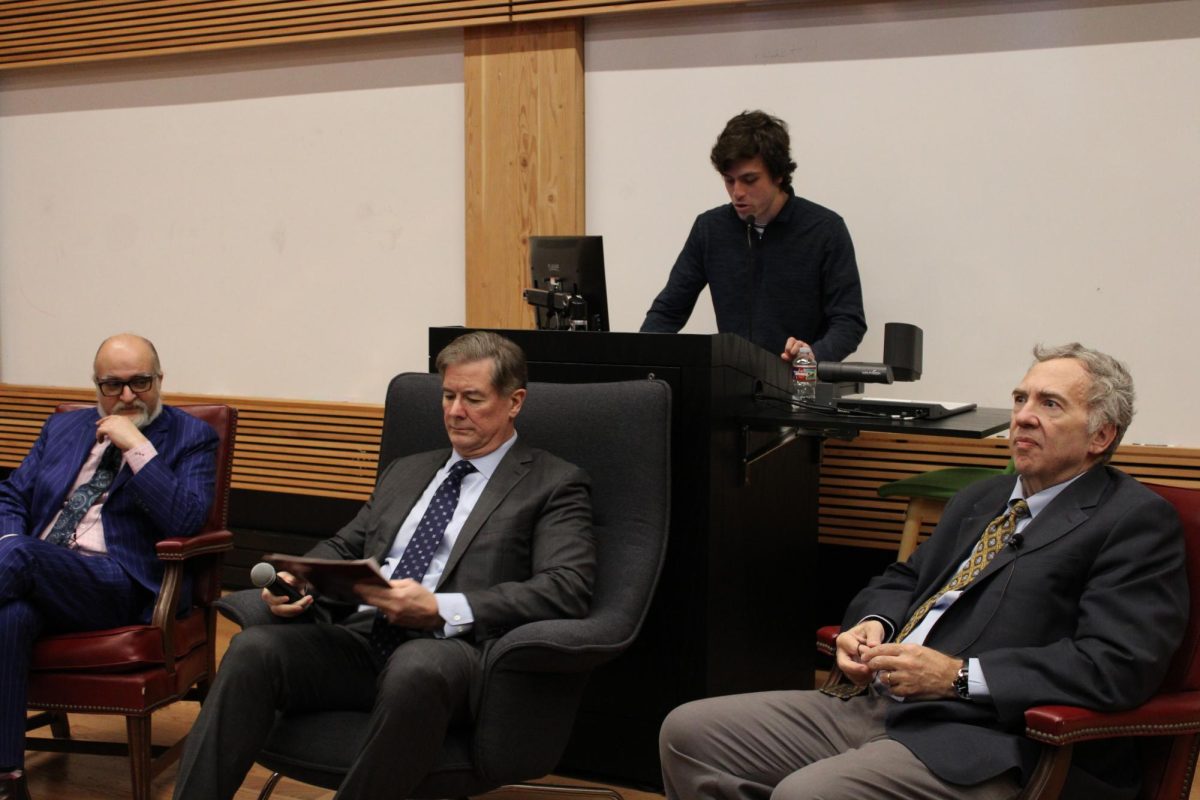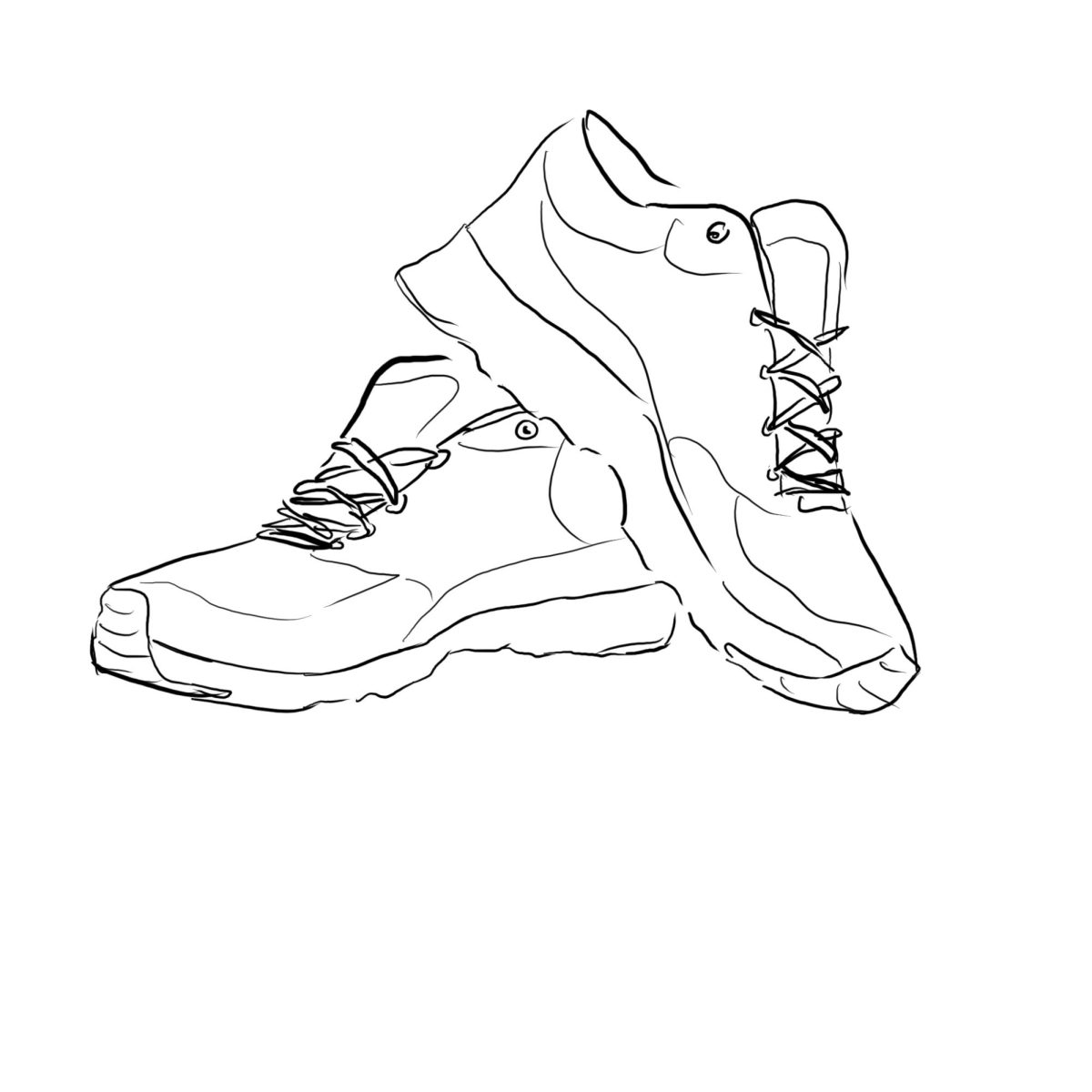According to the U.S. Food and Drug Administration, caffeine is a drug. It shares this category with alcohol, marijuana, cocaine and heroine. Sure, it’s a bit drastic to compare caffeine to heroine, and it’s definitely not illegal like most drugs. But like any drug, in the case of an overdose it can be lethal, and most dangerously, it’s highly addictive.
Caffeine is more than common on any college campus, and in life in general. People go on dates to get coffee or tea, making morning coffee a part of many people’s daily routines. Celebrities are often caught with a coffee in hand, and if you’re a college student, Red Bull and other caffeinated drinks are more than useful for staying awake to study.
Some of the same people who refuse to drink soft drinks (and for good reason, they’re incredibly bad for you) and religiously cut products like red meat, fatty foods or sweets from their diet, drown themselves in coffee.
This is because coffee does not, and never has, had a negative stigma. In fact, it has exactly the opposite. So I’m here to tell you that coffee, no matter what the cheery Starbucks commercials say, no matter how many of your friends are clutching a cup in their hands as they go about their activities, no matter how much it helps you stay awake to study for an exam, is not good for you. It has simply been normalized into being so, so that people will keep on buying it.
There are several reasons you should cut down on your coffee intake, cut it out altogether or at least acknowledge and be informed about what you’re partaking in.
First of all, caffeine, like all drugs, is addictive. It is difficult to just drink a healthy amount because once you have a small to normal amount “” your brain tells you you want more. It’s easy to succumb to this addiction and not even notice that you have one.
However, once you’re addicted, you have to have add more caffeine to your diet in order to feel its effects. This can amount to a detrimental amount of coffee, which is bad for your body. At this point, if you try to quit, you’ll experience symptoms of withdrawal which include headaches and extreme fatigue.
Secondly, it is bad for your body and dangerous to have too much. In a study partnered with Mayo Clinic, more than four cups of coffee a day was linked to an early death. It can cause indigestion, insomnia, headaches and anxiety to name just a few.
Thirdly, there are other, far more healthy ways to get energy. The most obvious, but not necessarily the most realistic for a college student, is to get enough sleep. This doesn’t have to be the typical eight hours at night, short naps in the middle of the day can do wonders. According to sleep.org, “Just 20 minutes is all you need to get the benefits of napping, such as improved alertness, enhanced performance and a better mood.”
Drinking eight to ten 8-ounce glasses of water a day will also keep your body energized. Additionally, forms of exercise such as a short jog, some jumping jacks or even brisk walking will activate the chemicals in your brain that help you feel alert and awake. These are all far healthier alternatives with the same effects of coffee.
A coffee binge will most likely not be how you meet your end. But it’s important to be informed about what you’re putting in your body, especially when it’s something that the media says is good for you for their own gain.
Mia Garza is a senior communication and business double major with a minor in creative writing. Find her on Twitter @lbutter95






